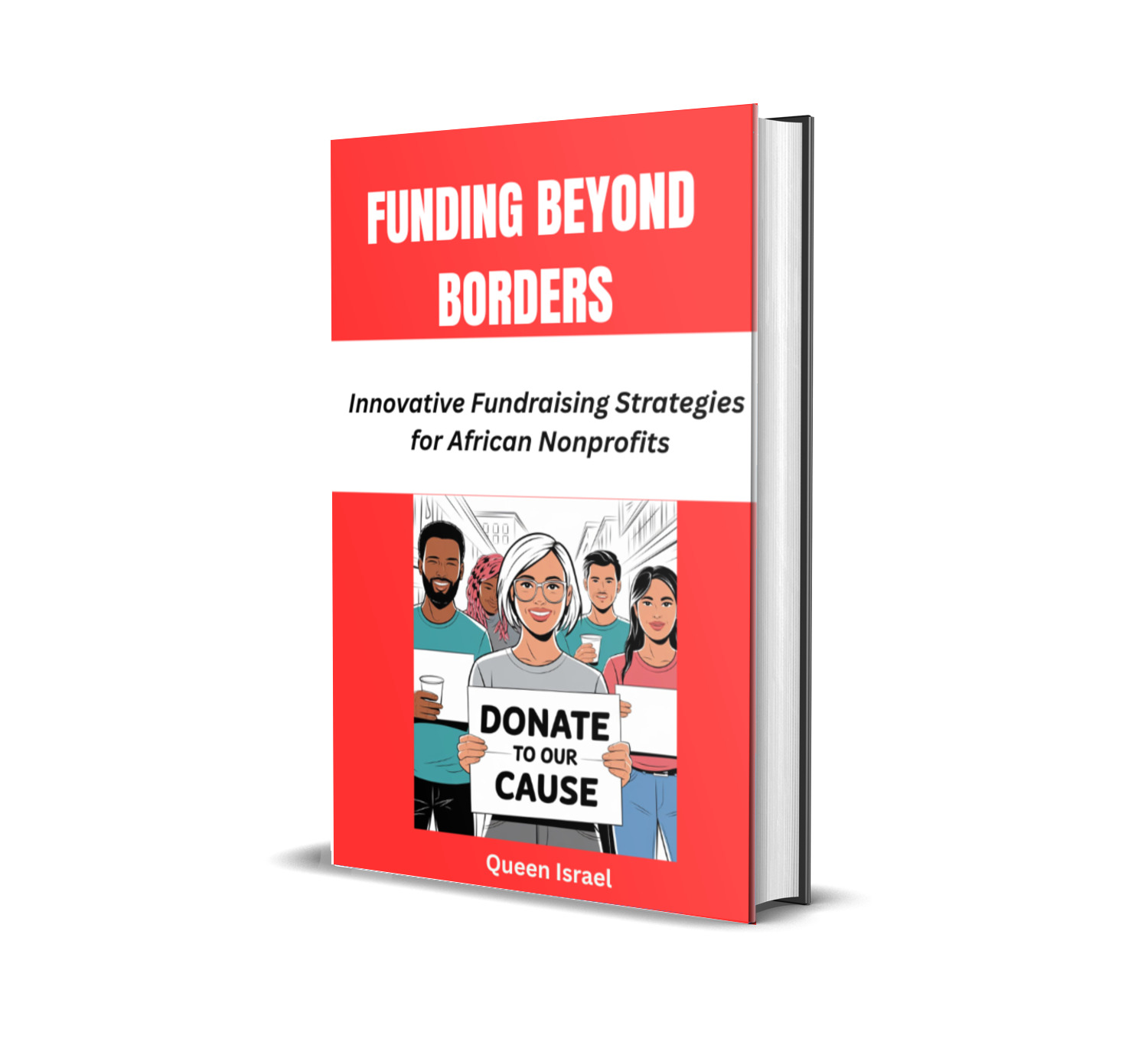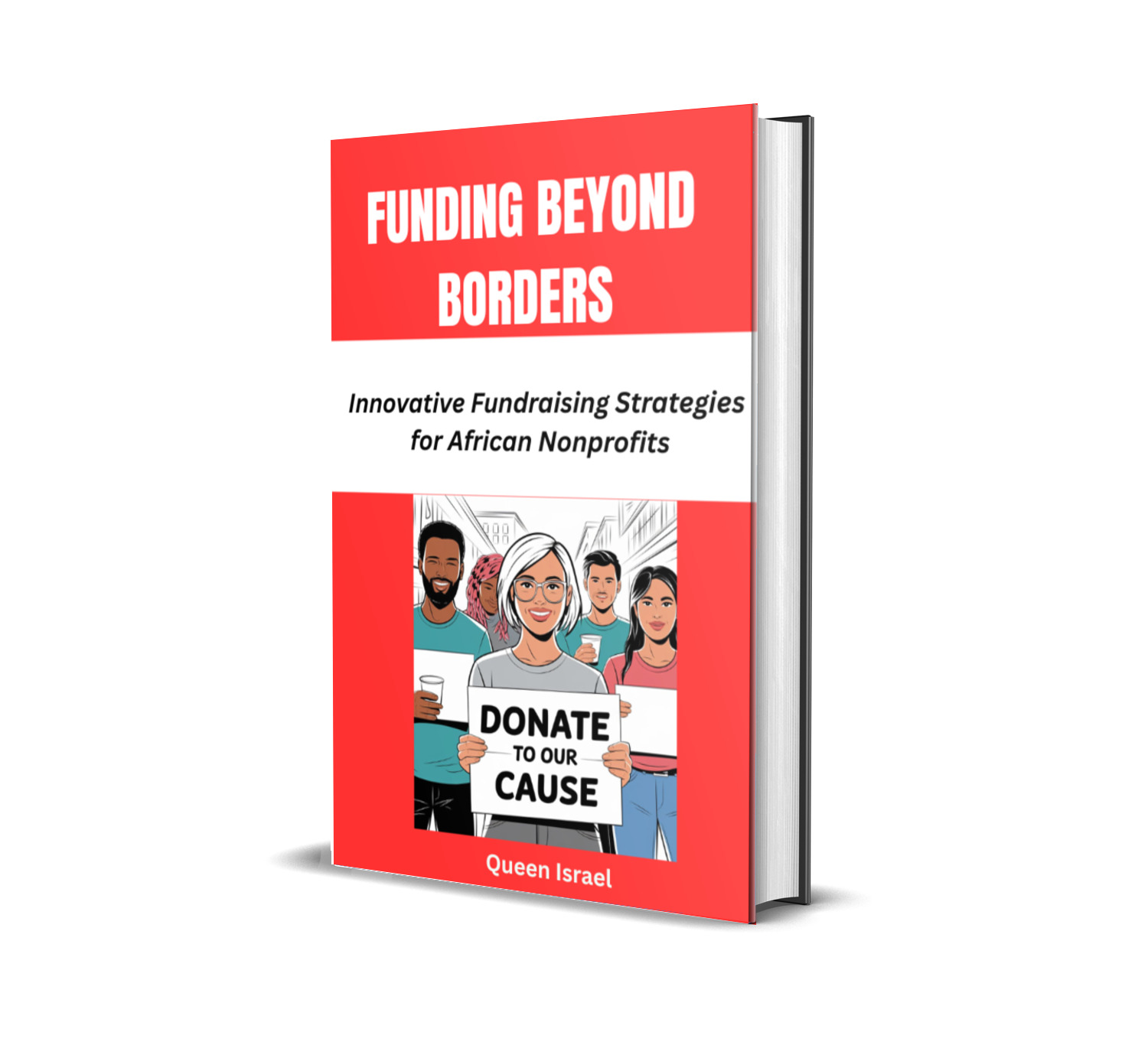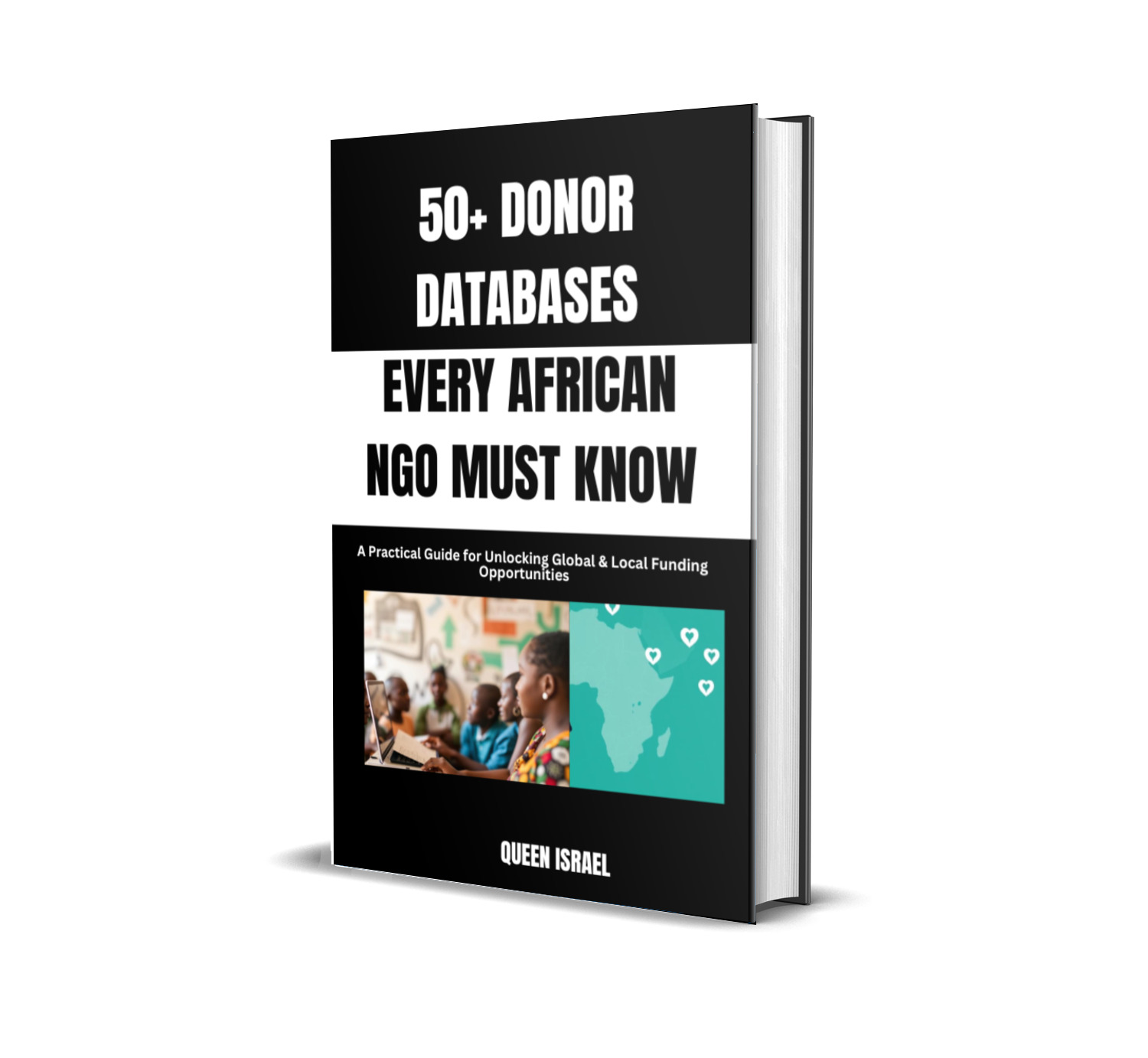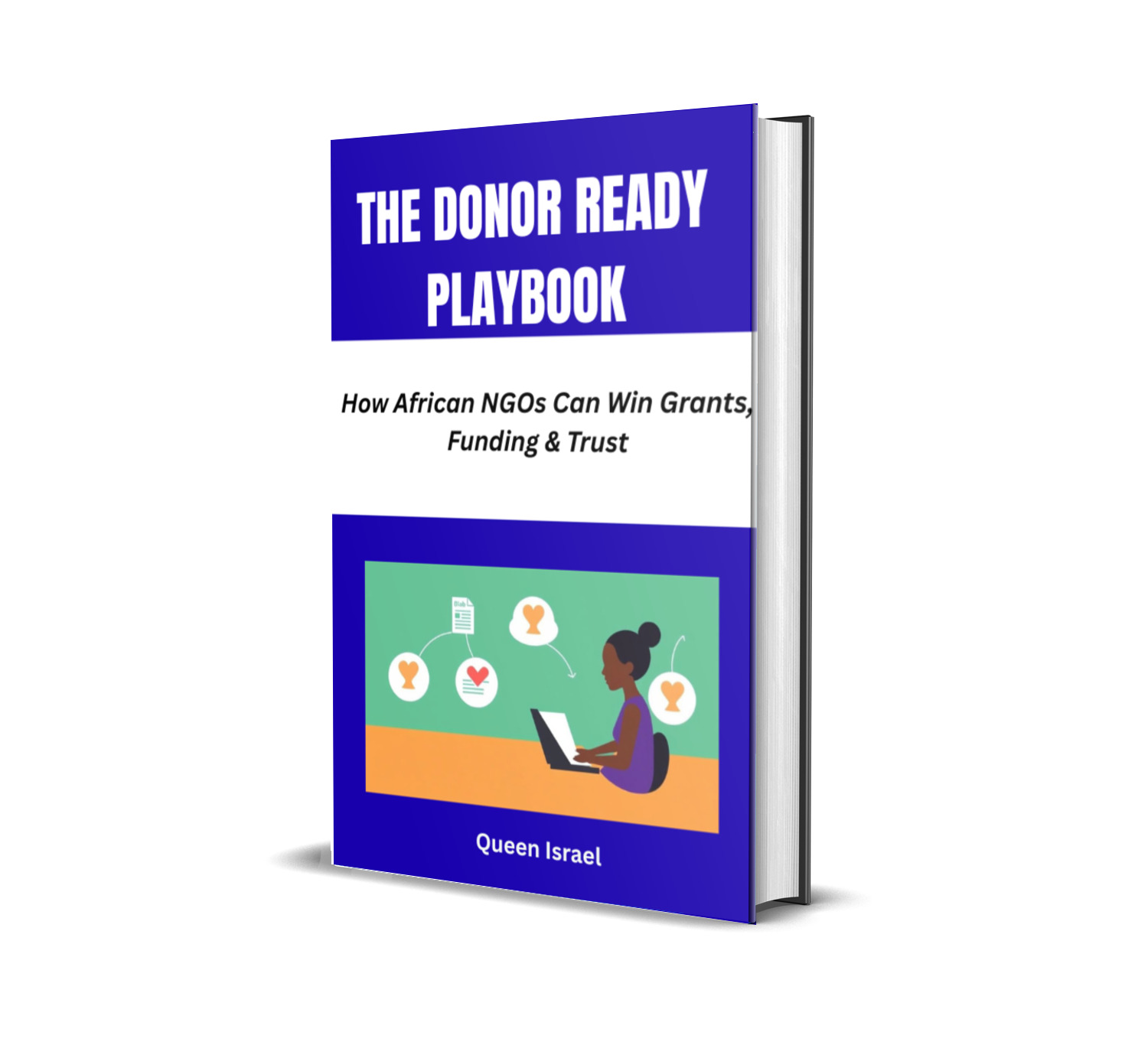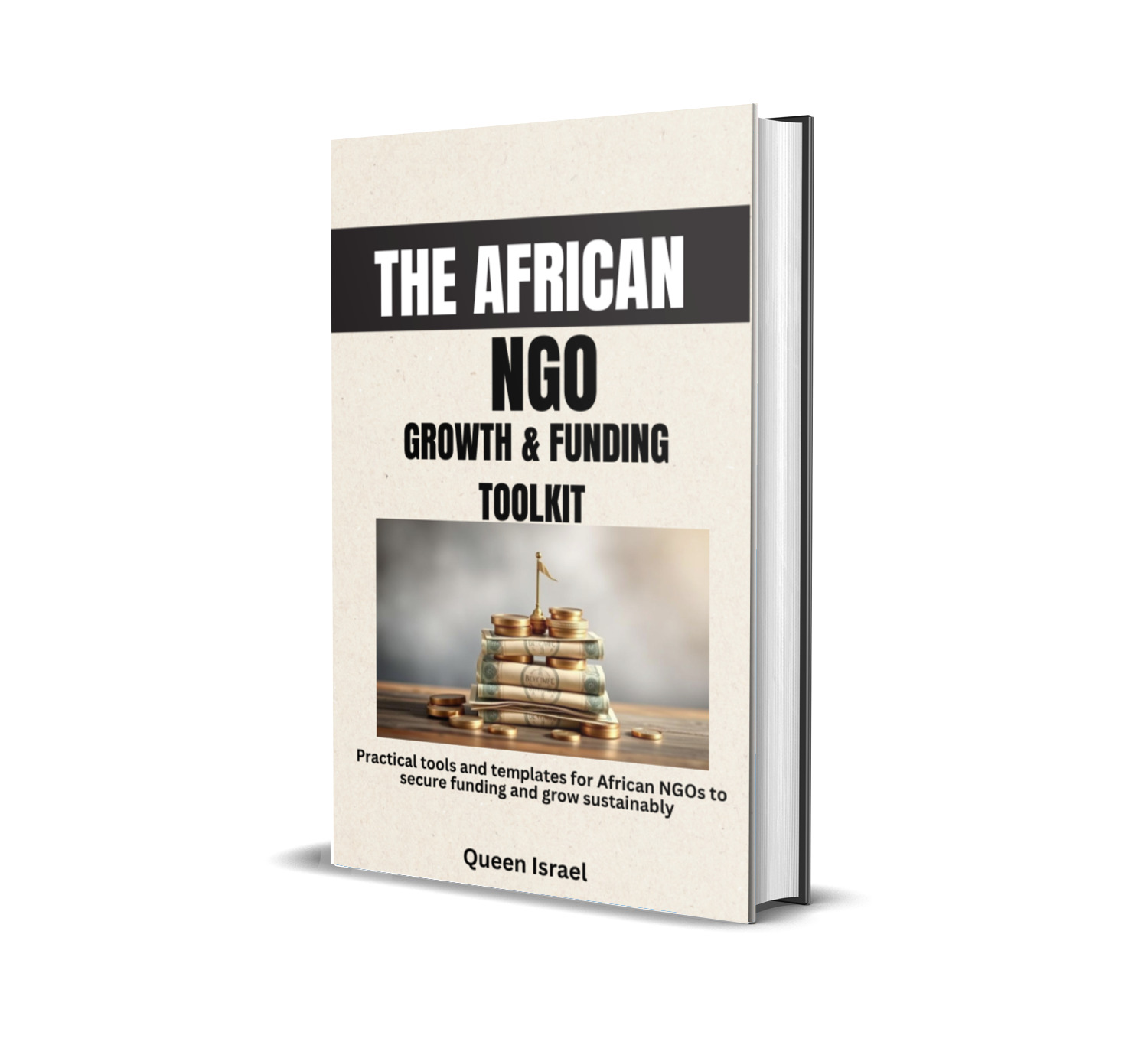Cryptocurrency donations are no longer a niche. Donors who hold Bitcoin, Ethereum, stablecoins, or other tokens want simple, trusted ways to give.
For many African NGOs, crypto gifts can be bigger than typical cash gifts — but only if your organisation makes it easy to accept them, stay compliant, and convert to usable funds.
Below I explain the top 5 wallets and platforms NGOs can use for crypto giving in 2025, why each one might fit your organisation, the trade-offs (fees, control, compliance), and a short checklist to get started today.
Quick summary
- The Giving Block — best for fundraising campaigns, marketplaces, and big-name credibility. (The Giving Block)
- Every.org — simplest, low-friction option that converts crypto to cash and handles compliance for you. Great for small NGOs. (Every.org)
- BitPay / BitPay Donations — good if you want a payment-processor approach and quick bank settlement. Useful if you want to accept payments and donations. (bitpay.com)
- Engiven (crypto.giving) — enterprise-ready; strong for ministries, universities, and NGOs that want robust reporting and many supported tokens. (engiven.com)
- Giveth — decentralized and low-fee option for projects that want blockchain transparency and community-led giving. Good for innovation-focused NGOs.
Funding Beyond Borders: Innovative Fundraising Strategies for African Nonprofits is your step-by-step guide to unlocking new streams of funding and breaking free from financial limitations. Designed for African NGOs, this book reveals practical strategies, global opportunities, and creative approaches to fundraising that go beyond traditional donor appeals. Whether you’re a small nonprofit or a growing organization, you’ll discover proven tools to attract international partners, diversify income, and build sustainable impact. If you’re serious about scaling your mission and fueling big dreams, this book is a must-have resource. Click here to grab your copy.
Why use a platform instead of just “give us crypto” to a wallet?
You can post a public wallet address and accept coins. But that creates problems:
- Tax receipts & donor records — most donors need receipts and NGOs need to record gifts for audits. Many platforms issue receipts automatically. (Every.org)
- Compliance & risk — platforms handle KYC/AML, tax forms, and sometimes fiat conversion. This reduces regulatory risk for your NGO. (Every.org)
- Conversion — platforms can instantly sell crypto into local currency (or USD), so you don’t hold volatile assets if you don’t want to. (Every.org)
- Donor experience — donors prefer simple donation forms, wallet-connect flows, and payment integrations. Platforms provide that UX. (The Giving Block)
If your NGO does want to custody crypto directly, that’s fine — but you should have clear policies, accounting support, and crypto-safe key management.
1) The Giving Block — best for fundraising campaigns & large nonprofits
A fundraising platform focused on crypto philanthropy. It helps nonprofits accept Bitcoin, Ethereum, stablecoins, and NFTs through donation forms, peer-to-peer campaigns, and marketplaces. Many big charities and universities use it. (The Giving Block)
Why NGOs like it
- Plug-and-play donation forms and widgets for your website. (The Giving Block)
- Strong brand recognition with crypto donors — helps credibility. (The Giving Block)
- Options for donors who want to give crypto directly or through donor-advised funds and NFTs. (The Giving Block)
Trade-offs
- Fees and payout models vary (check the contract). Some advanced features target larger orgs. (The Giving Block)
- You’ll likely receive funds in USD (or your choice) after conversion, which reduces volatility but means you won’t hold crypto on your balance sheet. (The Giving Block)
Best for: Universities, big NGOs, and organisations running major crypto fundraising campaigns.
2) Every.org — easiest for small NGOs and low fees
A nonprofit-run giving platform that accepts many payment methods — including crypto. Every.org collects crypto, converts it, and grants cash to your NGO. They emphasize no platform fee for nonprofits (some exchange fees may apply). (Every.org)
Why NGOs like it
- Simple onboarding. Every.org handles the crypto wallet, brokerage conversion, tax receipts, and compliance. That’s huge if you don’t want to manage crypto yourself. (Every.org)
- Low/transparent fees. They say there’s no platform cut for nonprofits; the main cost is the exchange/processing fee (they mention a typical ~1% conversion fee for crypto). (Every.org)
- Great donor reach. Donors can find many nonprofits on Every.org and give crypto without complicated steps. (Every.org)
Trade-offs
- You won’t control a wallet or custody the crypto — Every.org converts and grants cash. If your NGO wants to hold crypto, this isn’t the right fit. (Every.org)
Best for: Small or medium NGOs that want a no-fuss way to accept crypto and get fiat into the bank.
3) BitPay — payment processor style (fast settlement, merchant tools)
BitPay provides crypto payment processing and solutions for merchants and nonprofits. NGOs can accept crypto donations, receive quick conversions, and settle in local currency or crypto. (bitpay.com)
Why NGOs like it
- Fast fiat settlement. BitPay can convert donations and settle to your bank quickly, which helps cashflow. (bitpay.com)
- Payment-focused tools. If your NGO also sells tickets, merchandise, or event registrations, BitPay’s merchant tools can be useful. (bitpay.com)
Trade-offs
- More merchant-focused; setup might be slightly more technical than Every.org. (bitpay.com)
- Fees and supported tokens differ by region; check local availability. (bitpay.com)
Best for: NGOs that want payment processing features (ticketing, shop) alongside donations, and those that need fast bank settlement.
4) Engiven (crypto.giving) — many tokens + good reporting for mid-to-large NGOs
Engiven builds donation infrastructure for nonprofits, ministries, and universities. They power platforms like crypto.giving and support many tokens (Gemini partnership, 90+ tokens listed). They also offer SOC2-level security and strong reporting. (engiven.com)
Why NGOs like it
- Wide token support. If your donor base uses a range of tokens, Engiven handles many of them. (engiven.com)
- Security & enterprise features. SOC2 certification and detailed reporting help with audits and finance teams. (engiven.com)
- Integrations. Engiven integrates with church/faith tools and larger fundraising systems. Good for organisations with existing tech stacks. (support.subsplash.com)
Trade-offs
- Often aimed at larger organisations and ministries that need enterprise features and custom reporting. Costs vary. (engiven.com)
Best for: Faith-based NGOs, universities, and larger charities that need many token types, strong security, and detailed reporting.
5) Giveth — decentralized, community-first, and low-fee
Giveth is a decentralized giving platform built on blockchain principles. It focuses on transparency, low fees, and community governance. Ideal for projects that want on-chain giving and traceable impact. (giveth.io)
Why NGOs like it
- Transparency. All funds and flows are visible on-chain, which is great for donors who want to follow impact. (giveth.io)
- Lower fees if you stay on-chain. For projects comfortable with crypto-native tools, costs can be very low. (giveth.io)
Trade-offs
- More tech-heavy. Giveth requires more blockchain knowledge and may not provide the same fiat-conversion or tax receipt convenience as Every.org or Engiven. (giveth.io)
- Regulatory risk. Depending on your country, holding or transacting on-chain may have regulatory or tax implications. Consult local counsel. (giveth.io)
Best for: Innovation labs, blockchain-focused projects, or NGOs that want full transparency and are comfortable with on-chain workflows.
Practical factors to choose the right option (short checklist)
Use this checklist to decide which platform fits your NGO:
- Do you want to hold crypto or convert to cash?
- How important is tax compliance and receipts?
- Very important → Every.org and Engiven handle receipts and filings. (Every.org)
- What tokens do your donors hold?
- If donors use many altcoins → Engiven or specialized platforms that list many tokens. (engiven.com)
- Does your finance team want enterprise reporting?
- Yes → Engiven or The Giving Block for robust reporting features. (engiven.com)
- Do you run events or sell goods?
- Consider BitPay for merchant tools and quick settlements. (bitpay.com)
Practical steps to accept crypto donations this week (30–60 minute setup)
- Choose a platform from the list above. If you want the simplest route, pick Every.org. If you want campaign credibility and major donors, choose The Giving Block. (Every.org)
- Sign up and verify your NGO (most platforms require org docs and KYC). (Every.org)
- Add the donation widget to your website or share a donate link on social media. (The Giving Block)
- Update your Gift Acceptance Policy to include crypto (or add a clause that accepts gifts via third-party platforms). Getting a short legal review helps. (National Council of Nonprofits)
- Train your finance team on how proceeds arrive (fiat grants, bank deposits, or direct crypto). Document who signs off on conversions and reconciliations. (Every.org)
- Announce it! Let your donors know: “We now accept Bitcoin, Ethereum, and stablecoins via [platform].” Use your newsletter, website, and social posts. (The Giving Block)
Compliance, accounting, and local rules (don’t skip)
- Tax rules differ across countries. In many jurisdictions, crypto donations can be treated like property — donors get tax benefits and NGOs receive the fair market value. Local tax rules vary — check with a local accountant.
- Anti-money-laundering (AML) & KYC. Platforms help manage AML risk. If you accept direct wallet donations, you’ll need procedures for suspicious gifts. (Every.org)
- Gift acceptance policy. Add crypto to your policy and define whether you accept NFTs, tokens, or only stablecoins. Also define who approves and how conversion happens. (National Council of Nonprofits)
Common FAQs
Q — Will accepting crypto cost us more?
A — Not necessarily. Platforms like Every.org say they don’t charge a platform fee; exchange fees may apply. Other providers have different pricing — check each one. (Every.org)
Q — Do we need to be a US charity to use these platforms?
A — Many platforms support global NGOs but require verification. Some features (like US tax receipts) are tailored for US tax law — check local tax implications. (Every.org)
Q — Are crypto gifts risky?
A — Volatility is a risk if you hold crypto. To reduce risk, convert to fiat quickly or use platforms that convert for you. Compliance and due diligence are also important. (Every.org)
Final recommendation
If you want the easiest path with low admin and instant cash, start with Every.org this month; if you plan big crypto campaigns or want brand visibility with crypto donors, use The Giving Block; and if you need enterprise reporting and many token types, talk to Engiven. For merchant features pick BitPay, and for on-chain transparency try Giveth. (Every.org)
And — if you want regular funding tips for African NGOs, resources, and step-by-step guides about accepting crypto and other modern giving streams, subscribe to the Nonprofit Navigator Africa newsletter for weekly updates, tool reviews, and templates.
Click here to join and get tools that help you win more funding. 👉 Subscribe to Nonprofit Navigator Africa
Sources & further reading
- The Giving Block — Accept Crypto Donations. (The Giving Block)
- The Giving Block — Year-in-review & crypto philanthropy trends (2025). (The Giving Block)
- Every.org — Crypto donations, how they work, and nonprofit benefits. (Every.org)
- BitPay — Nonprofit and crypto donation tools. (bitpay.com)
- Engiven — Crypto donation platform, token support, and security. (engiven.com)
- Giveth — Decentralized giving platform and community tools. (giveth.io)

